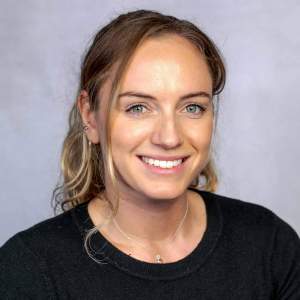March 14, 2025
Women in Science: Breaking Barriers and Building the Future

Emily Robinson
Head of Science
The transformative impact of women in science
‘Science is not a boy’s game, it’s not a girl’s game. It’s everyone’s game. It’s about where we are and where we’re going.’
This simple, yet powerful quote by Nichelle Nichols, American actress most known for her role as Lieutenant Uhura in Star Trek, supports the notion that equality and diversity are fundamental in STEAM (Science, Technology, Engineering, Arts, and Mathematics).
Her influence extended far beyond her on-screen persona. From 1977 to 2015 she collaborated with NASA to help them recruit women and people from ethnic minority groups to become astronauts. In 2023 The Nichelle Nichols Foundation was established, with the aim to continue to promote diversity and include women in science within the world of STEAM.
Inspiring histories of women in science
Many of us are familiar with the history of renowned women in science such as Marie Curie and Rosalind Franklin.
Marie Curie
Prohibited from attending the University of Warsaw due to her gender, moved to Paris where she studied Physics and Mathematical Sciences. Here she made her groundbreaking discoveries of radioactive elements Polonium and Radium, with the support of her husband, Pierre Curie.
Throughout her career, she continued to face many challenges due to gender inequality. In fact, her husband insisted that she share the Nobel Prize for spontaneous radioactivity in 1903, as it had originally been proposed that only Pierre and Henri Becquerel receive it.
Rosalind Franklin
Faced gender discrimination from a young age, with her father discouraging her from taking an interest in Science, as he believed it was not a career for women. She also faced sexism throughout her adult life from her supervisor and research peers.
She produced X-ray diffraction images which were crucial in understanding DNA’s double helix structure. Unfortunately, her contributions were underappreciated. James Watson, Francis Crick and Maurice Wilkins, using Franklin’s data without her knowledge or permission, received the Nobel Prize for the discovery of the molecular structure of DNA in 1962.
These inspiring women, along with many others, have made considerable progress in introducing women in science and proving that their capabilities are equal to those of men. However, they experienced significant discrimination during their lifetime due to their gender and their chosen career path.
The importance of support for women in science
Despite the challenges they faced, they were also fortunate to work alongside supportive male colleagues. For example, John Bernal, Franklin’s mentor, was a strong advocate for the role of women in Science, actively encouraging gender equality within the field and contributing to a more diverse and inclusive scientific community.
Women in science today: persistent inequalities
Unfortunately, women continue to be underrepresented and face negative gender bias in STEAM.
In a UN article titled ‘The Lack of Gender Equality in Science Is Everyone’s Problem’, it states that women:
- Are paid less.
- Offered smaller research grants.
- Earn less recognition from peers.
- Account for only 12% of national science academy members.
How to encourage young women’s interest in science
Stereotypes that portray scientific careers as more masculine or male-dominated have historically contributed to fewer women pursuing careers in STEAM. Rather than being influenced by stereotypes or gender bias, career choices should be driven by an individual’s passions.
The term STEAM encompasses a wide range of fields, making it likely that there is a scientific discipline to match any personal interest. For example:
- A student interested in fashion could consider a career as a Textile Scientist, responsible for creating innovative materials whilst combining functionality with fashion.
- A keen golfer would understand that minute developments in both material and equipment coupled with advances in biomechanical understanding would optimise performance outcomes.
Encouraging young minds to explore the scientific principles behind their interests could allow them to discover career opportunities that they may never have imagined possible. This is extremely helpful in Secondary education due to the vulnerable stage that teenagers go through.
Women in science are needed
As a global society, we must capitalise on the knowledge and skills of all members of the community; by promoting diversity and inclusivity, the possibilities of success are multiplied.
As Audrey Azoulay, UNESCO Director-General said, ‘Women need Science, and Science needs women. Only by tapping into all sources of knowledge, all sources of talent, can we unlock the full potential of Science, and rise to the challenges of our time.’
References
Azoulay, A. (2023). Message for the International Day of Women and Girls in Science. UNESCO. https://www.unesco.org
Nichelle Nichols Foundation. (2023). About the foundation. https://nichellenichols.foundation
Sime, R. L. (1997). Rosalind Franklin: The dark lady of DNA. W.W. Norton & Company.
Pasachoff, N., & Pasachoff, J. M. (2000). Marie Curie and the science of radioactivity. Oxford University Press.
United Nations. (2023). The lack of gender equality in science is everyone’s problem. https://www.un.org/en/observances/women-and-girls-in-science-day
